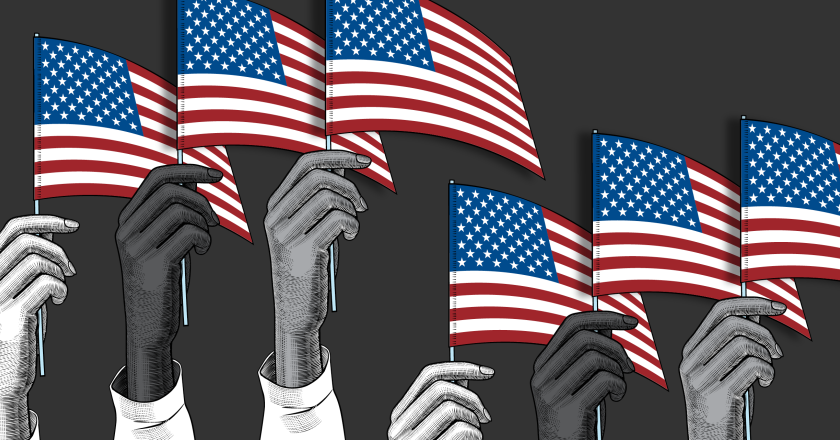Racial discrimination is as old as humanity. The temptation to treat people differently just because we think they are different from us is common. Sometimes people do it because they fear or hate other people. Sometimes they do it for personal gain. That temptation does not disappear when people form governments, but the consequences become more serious.
Some governments mandate racial discrimination.1 Some treat it as a necessary evil. Others forbid it entirely. In most countries, the national policy on discrimination is just a matter of politics. Whoever gets power gets to decide whether discrimination will be allowed or outlawed. Not so in America. In America, principle is at stake.
America was founded on principles that transcend power. Might does not make right here. A law may be enacted by the proper process and still be wrong.
The Declaration of Independence—America’s first set of principles—says that “all men are created equal,” and the Constitution aims to give life to the Declaration’s principle of equality by guaranteeing equal rights and equal protection under the law. This principle means that neither the color of your skin nor the country of your birth nor the language of your ancestors is a legitimate reason for the government to treat you differently. Every person possesses in equal measure the unalienable rights that the government must protect because all of us, no matter what color we may be, are equally human.
Although the American people aspire to that principle, we have at times failed to live up to it. When it comes to race, America is always at a turning point. People are tempted to divide into tribes, and skin color is an old and familiar tribal standard. We are constantly choosing whether we will judge each other according to character or skin color, and because our government is of and by the people, we are constantly choosing whether it will do the same.
ENDNOTES:
1. For an overview of government-required discrimination around the world see Thomas Sowell, AFFIRMATIVE ACTION AROUND THE WORLD (2005).
